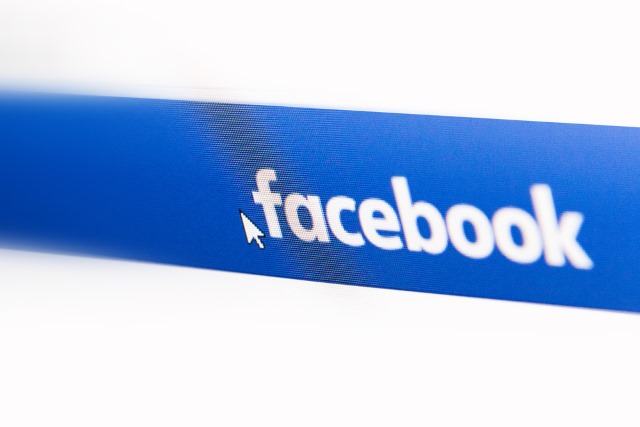
Facebook suspends pro-Brexit firm AggregateIQ for allegedly obtaining user data improperly
It's not all that long since Facebook suspended data firm Cambridge Analytica for harvesting personal information from millions of users. Now the social network has suspended AggregateIQ -- another data firm, this time linked to the pro-Brexit Vote Leave campaign -- because of possible connections to Cambridge Analytica's parent company.
AggregateIQ is thought to be linked to Strategic Communication Laboratories (SCL), and there are concerns that the firm may therefore have improperly obtained data from Facebook users.
Facebook will give everyone the option to unsend messages, just like Mark Zuckerberg
When it came to light that messages sent by Mark Zuckerberg and other Facebook executives via Facebook Messenger had been deleted, there was widespread concern about not only the social network's use of a feature unavailable to anyone else, but also the lack of transparency about it.
Still reeling from the Cambridge Analytica debacle and other privacy scandals, Facebook has now announced that the feature will in fact be rolling out to everyone -- although not necessarily any time soon. The company insists that this is something that has been under consideration for some time, and also promises that no more of Zuckerberg's message will be retracted in the meantime.
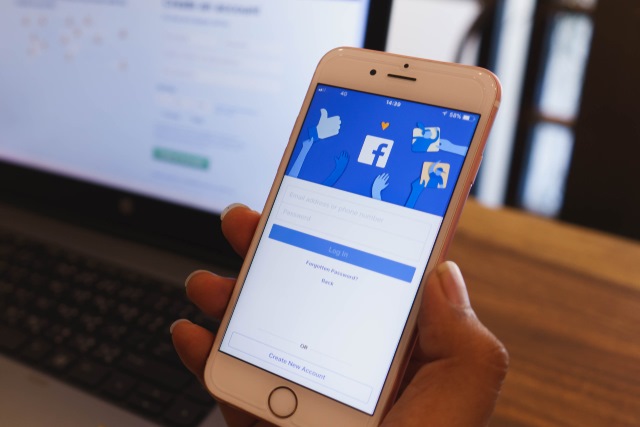
Facebook secretly deleted messages Mark Zuckerberg sent on Messenger
As if trust in Facebook could not drop any further, it has come to light that the social network deleted messages sent by Mark Zuckerberg from the recipients' Messenger inboxes. The deletions only applied to Zuckerberg's messages, leaving the other side of the conversation intact -- a feature not available to the average Messenger user.
Facebook did not operate transparently in deleting the messages, as it made no announcement either publicly, or to those involved in the conversations. When confronted about the matter, Facebook said that the deletions were carried out because of "corporate security".
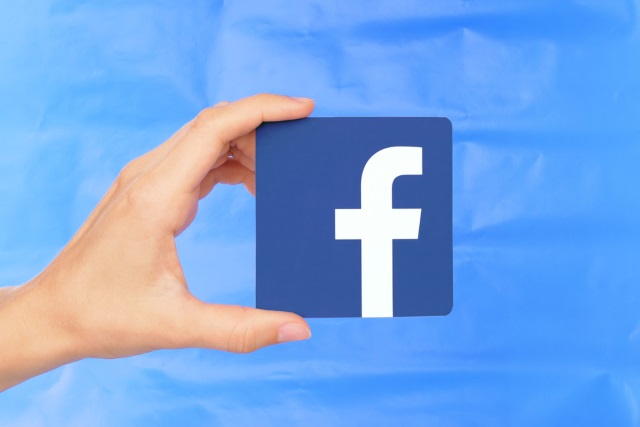
Privacy: Facebook will roll out GDPR controls to the whole world, not just Europe
Mark Zuckerberg has laid out Facebook's plans for the future in a conference call with reporters. In it, he said that the social network now planned to bring GDPR-style privacy controls to all of its users, not just those in Europe for whom there will soon be a legal obligation to do so. The new legislation grants people more rights to access the data companies store about them, and demand it be deleted.
The Facebook chief had previously said that non-European users would only be getting access to new options that were "in [the] spirit" of GDPR, but the backlash the social network has faced recently with privacy controversies seems to have forced Zuckerberg's hand.
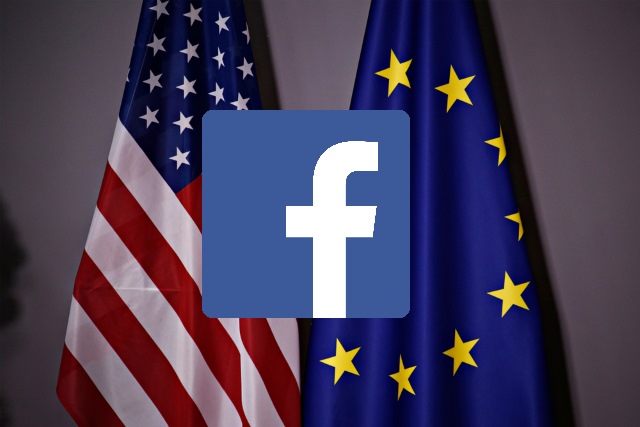
Facebook users in Europe will soon have better privacy protection than those in the US
In a few weeks, privacy is set to improve for Facebook users -- at least this is the case for people in Europe. May 25 sees the implementation of General Data Protection Regulation (GDPR), and it means that European users will have the right to not only request details of the information stored about them, but also the right to demand its deletion.
While this will be a legal obligation within Europe, it would have been the perfect opportunity for Facebook to extend the same rights to its users around the world. But it's not going to. Mark Zuckerberg has confirmed that GDPR-style privacy protection is not going to be extended to the US and other parts of the world.
Facebook launches bulk app removal tool in response to privacy concerns
Facebook has long been embroiled in controversies about privacy, but things have been particularly bad in recent weeks. The Cambridge Analytica scandal has put the spotlight firmly on privacy on the social network and -- having already made its privacy tools more accessible -- Facebook has now created a tool to quickly remove apps from profiles in bulk.
It's a very simple idea, but one that will be warmly welcomed by those who have been concerned about the Facebook apps they have installed, but have felt put off by the idea of doing anything about it because of the arduous nature of tinkering with them one by one.
Leaked Facebook memo: 'so what if the social network's growth leads to terrorism and death?'
A leaked memo written by Facebook's vice-president, Andrew Bosworth, entitled "The Ugly" gives a glimpse into the attitude the social network has towards its own growth. "Boz" Bosworth says the "ugly truth" of Facebook's growth is that connecting people could lead to deaths -- but so be it.
In the memo, Bosworth says "anything that allows us to connect more people more often is *de facto* good". He goes on to say: "That's why all the work we do in growth is justified. All the questionable contact importing practices. All the subtle language that helps people stay searchable by friends. All of the work we do to bring more communication in. The work we will likely have to do in China some day. All of it". With the criticism that has been leveled at Facebook recently, the leak could hardly have come at a worse time.
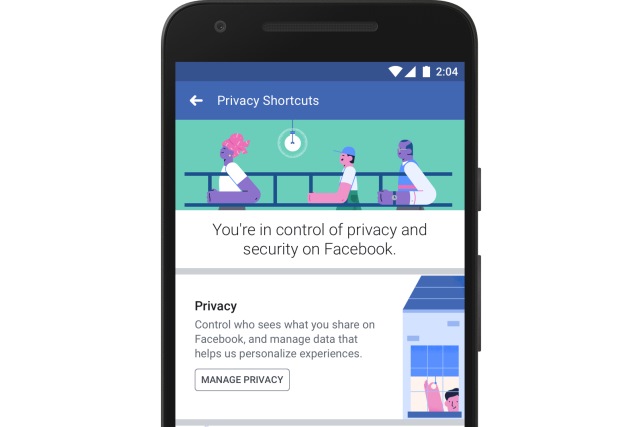
Facebook makes its privacy settings easier to find -- including the option to delete your Facebook data
In the wake of the Cambridge Analytica scandal and revelations about call and text logging, Facebook simply could not have got away with doing nothing. Mark Zuckerberg has hardly prostrated himself in front of users in his various recent interviews, but today Facebook announces a series of changes to privacy settings.
The social network is making it easier to find and use privacy settings, and providing users with information about how to delete the data Facebook stores about them.
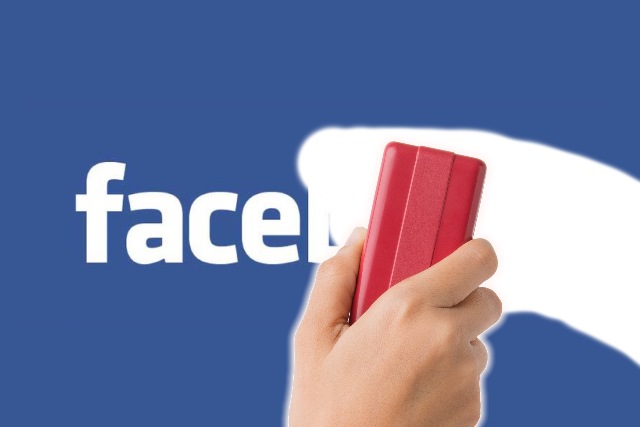
Nearly a third of tech workers are ready to #DeleteFacebook
The fallout from the Cambridge Analytica fiasco has done a great deal of damage to not only Facebook's reputation, but also its finances. In the short term, the social network can afford to take a hit on share prices, but in the longer term there is the trust of users to regain.
A survey conducted in the wake of the #DeleteFacebook campaign that followed revelations about the data breach and the logging of Android users' calls and texts, found that a surprising number of tech workers were ready to delete their Facebook accounts. 31 percent backed the #DeleteFacebook campaign, including 50 percent of Microsoft workers, and 38 percent of Google workers.
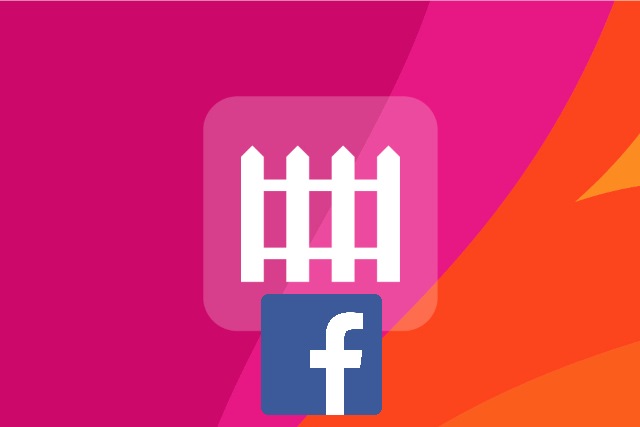
Mozilla's Facebook Container extension keeps your Firefox browsing isolated from Facebook
Facebook has been completely inescapable in the news over the last couple of weeks, and there are increasing concerns that the social network is all but inescapable online generally. In the wake of recent privacy concerns about Facebook, Mozilla -- already petitioning for Mark Zuckerberg to do more -- has launched a new extension for Firefox that helps to keep your browsing private.
Called "Facebook Container", the add-on has been designed to make it much harder for Facebook to track your web browsing when you're not using the social network.

Facebook is testing self-destructing friend requests
Facebook is currently testing a new feature that would give users the chance to place time limits on friend requests. The idea is that requests that you ignore for a certain period of time would be automatically deleted.
While it's not a feature that will be of interest to everyone, it is something that could prove useful to anyone in the public eye who gets bombarded with endless requests to connect. Facebook has confirmed that automatically-expiring friend requests give users a way to more easily manage unwanted requests from people.
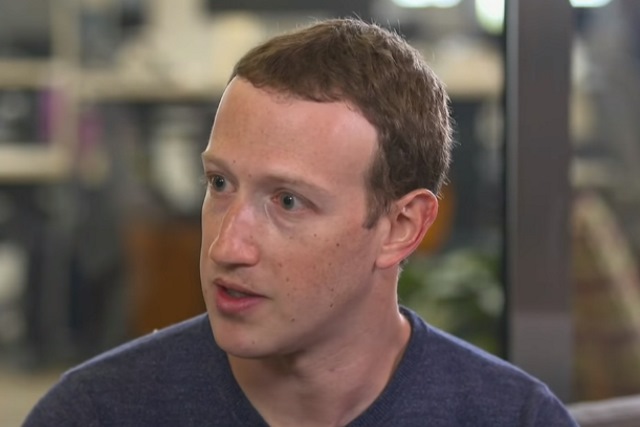
Mark Zuckerberg refuses to answer UK questions about Facebook privacy
Following the privacy scandal surrounding Cambridge Analytica's use of data from Facebook users, the social network has been under extreme pressure to answer questions from individuals, lawmakers, companies and governments around the world about not only what went wrong, but what will be done to prevent it from happening again.
The British parliament was among those seeking to probe Facebook about the breach of privacy, but Mark Zuckerburg has said that he will not appear before a committee to face questions. Instead, he intends to send either chief technology officer Mike Schroepfer, or chief product officer Chris Cox.
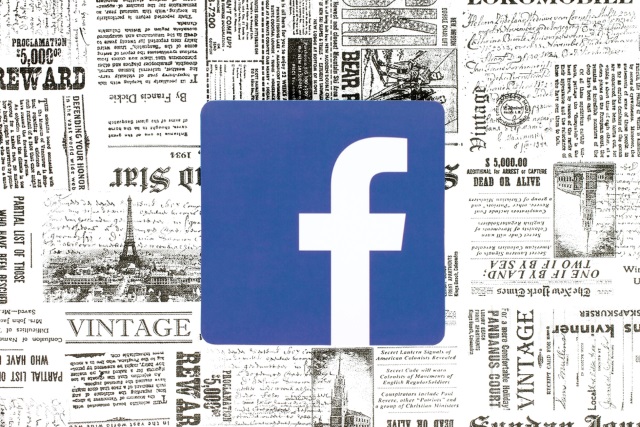
Facebook rolls out locally-focused News Feed globally
Facebook is constantly messing about with its News Feed, and it's only a matter of weeks since the social network said it was going to prioritize local news. Initially, this was only the case in the US, but now the change is rolling out around the globe.
The company says that "people around the world will see more news on Facebook from local sources covering their current city and other cities they may care about." Unfortunately for Facebook, however, it's unlikely to serve as too much of a distraction from the call/SMS logging controversy or the Cambridge Analytica debacle.

Guess who Facebook is blaming for its creepy phone call and SMS logging? You!
There has been much in the news lately about Facebook letting its users down. The most egregious abuse is the Cambridge Analytica scandal, where the social network allowed that third party company to collect private user data. It has led many to join the #DeleteFacebook movement, where angry users have terminated their accounts. Facebook has since apologized using full-page newspaper advertisements.
Unfortunately, there is yet another Facebook outrage happening at the same time -- it has been discovered that the company has been logging phone call and SMS information from Android users. Today, Facebook admits to the behavior, but it claims the blame is with users. In other words, Facebook is taking no responsibility.
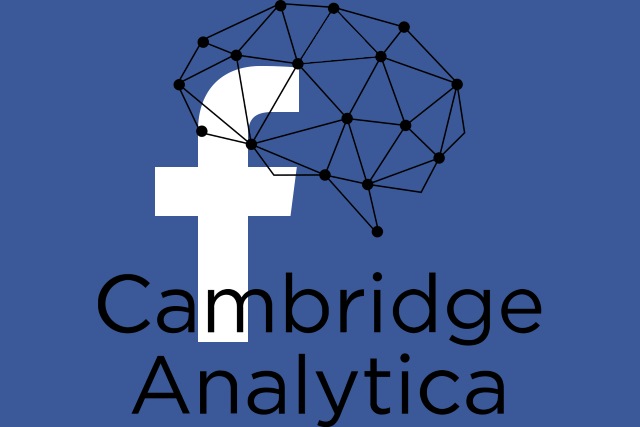
Facebook places full-page ads in British and American newspapers to apologize for Cambridge Analytica data leak
Full-page advertisements have appeared in a number of Sunday newspapers in the UK and US as Facebook embarks on a damage limitation exercise following the revelations about Cambridge Analytica's use of personal data.
The ads, signed by Mark Zuckerberg, say: "We have a responsibility to protect your information. If we can't, we don't deserve it." The apology -- of sorts -- adopts a similar tone to Zuckerberg's previous statements and interviews about the matter, and comes as the social network faces calls for not only regulation, but also as the London offices of Cambridge Analytica have been raided by the Information Commissioner's Office.
